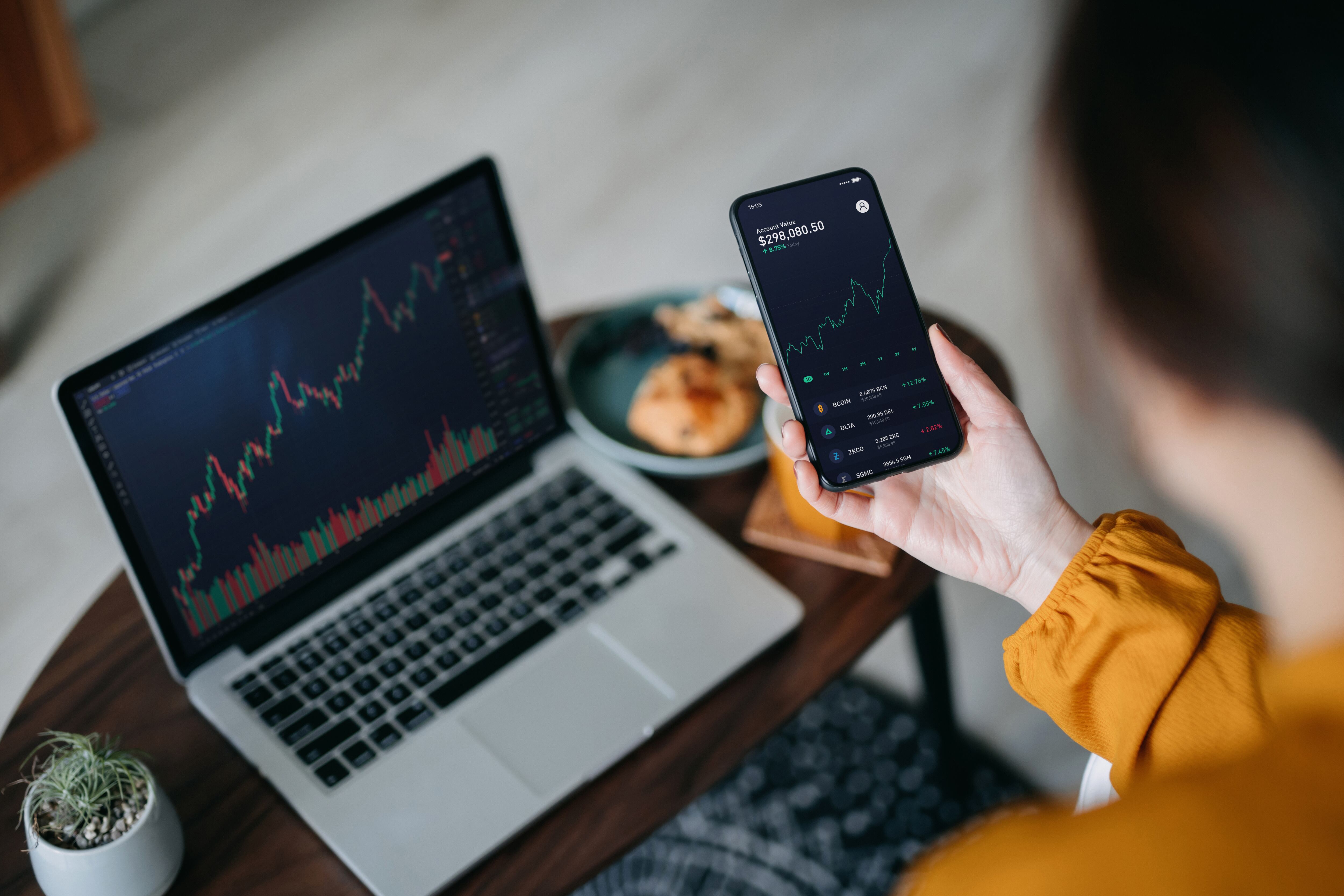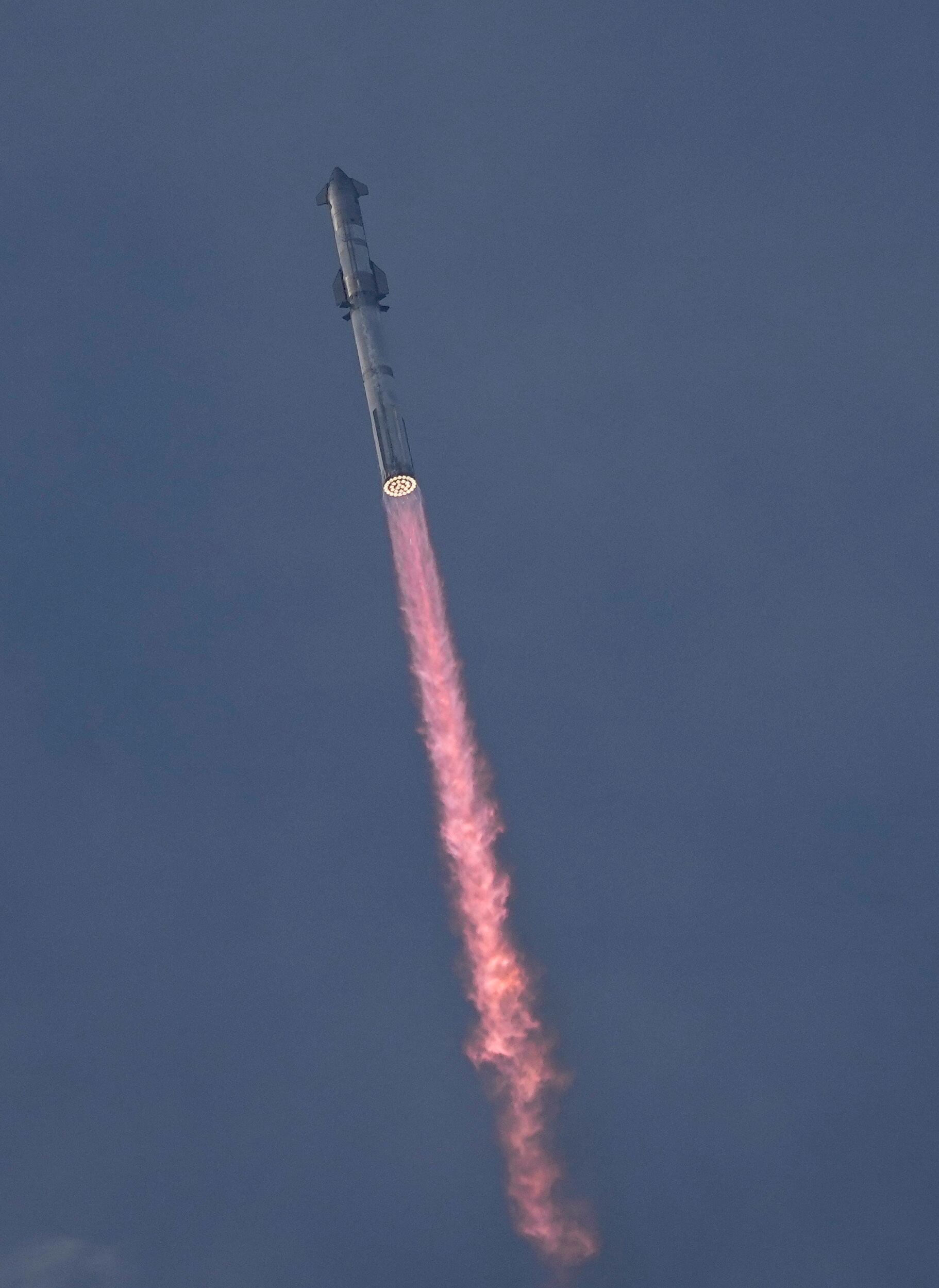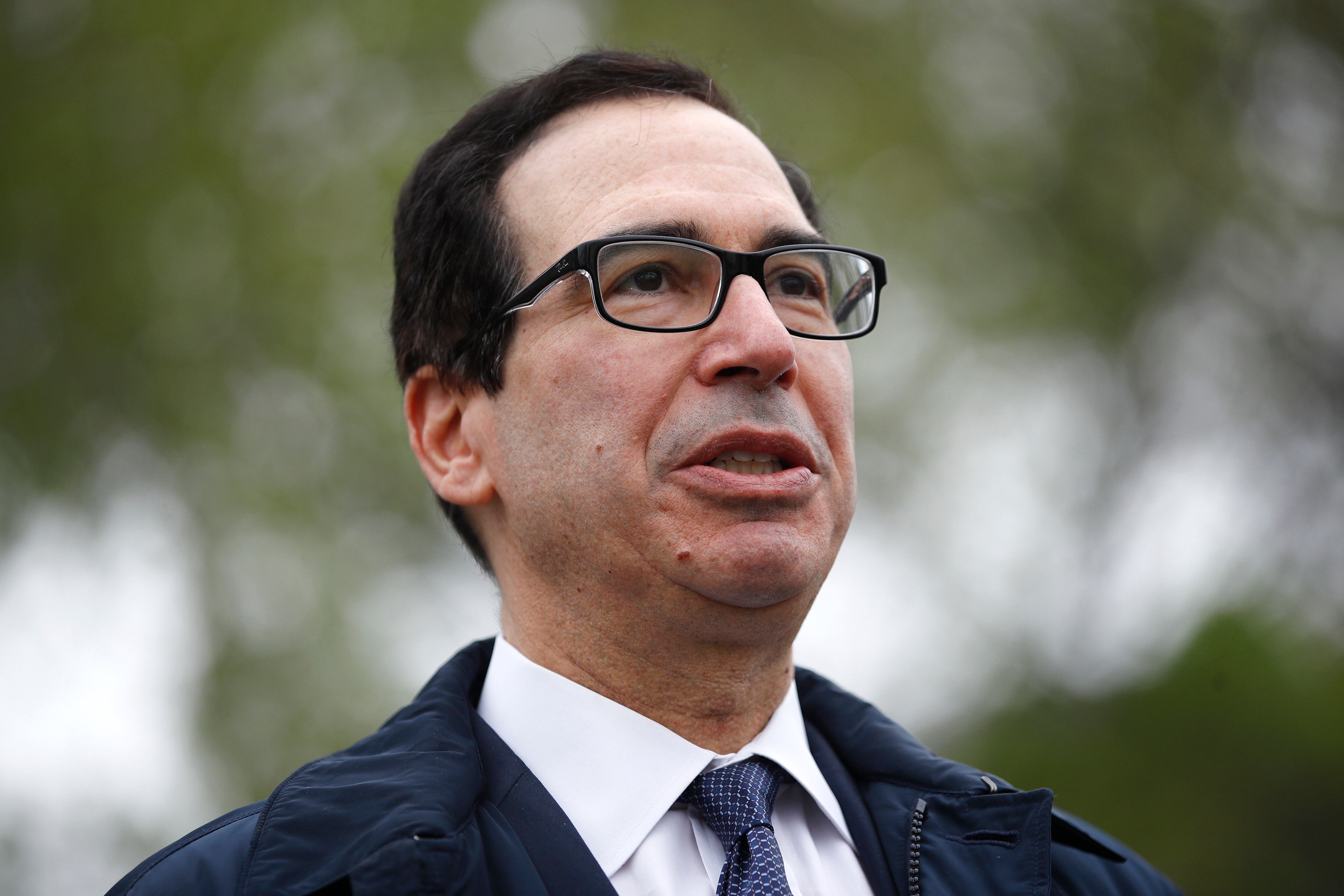Papa John's is set to hire up to 20,000 new employees in an effort to keep up with the demand for "no-contact" delivery, company CEO Rob Lynch told Cheddar Monday.
Lynch said Papa John's has brought on "thousands of workers just in the last couple weeks," with available positions still yet to be filled.
"We will continue to hire as long as people continue to apply," he said.
With nearly 17 million Americans filing for unemployment in the last three weeks, there are currently many individuals looking for work.
"For the most part we have had a very consistent employee base. In fact, with the unemployment rates going up, we've worked to create a lot of jobs and our applications are up tremendously versus the last couple years," Lynch noted.
Restaurants around the nation are closed except for in the cases of takeout and delivery, putting companies like Lynch's in a position to potentially benefit from the conditions imposed by the pandemic.
"This is our business model," Lynch said. Coming off of a strong first quarter, he said demand for food delivery has continued and the company has been able to meet it by instituting contactless delivery and relying on its own model of making dough fresh in house and shipping to franchisees.
"We have maybe a bit more control over the supply of our ingredients necessary to make our food," he said. External partners who supply the company with ingredients like cheese and flour continue to run, but Lynch said their businesses have been impacted.












